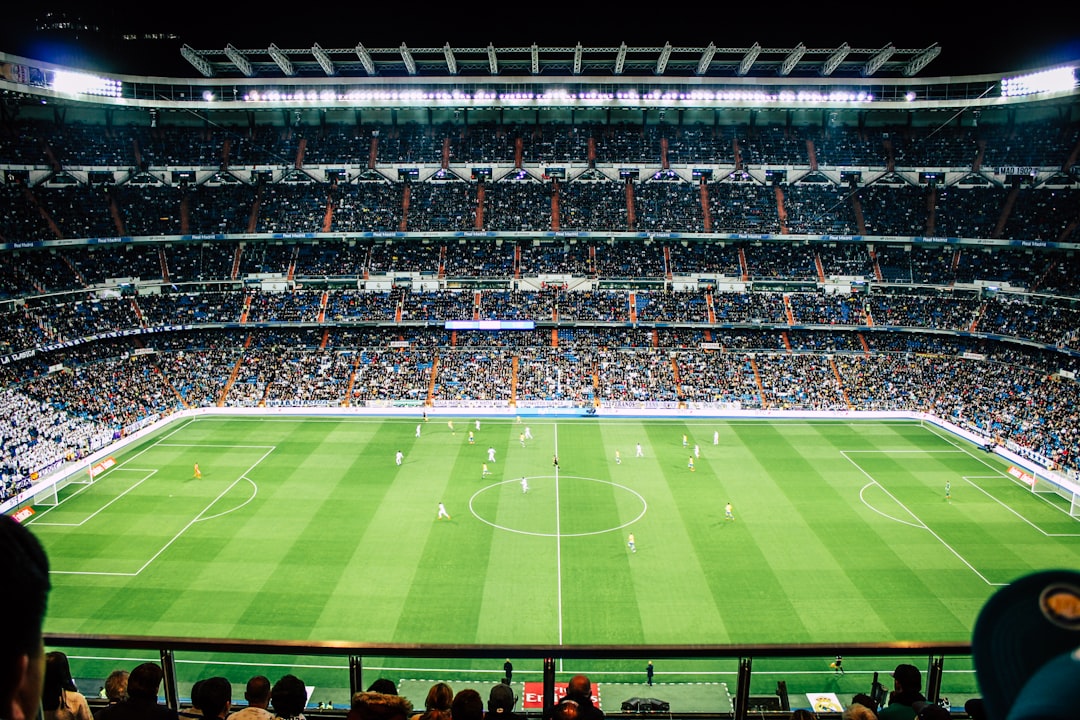
When this World Cup started, not many would have guessed that Goncalo Ramos would be the biggest story heading into the quarterfinal rounds. The 21-year-old Benfica striker was Ronaldo’s back-up, after all. It didn’t seem likely that Ronaldo’s presence would allow much space for a kid like Ramos to break through the noise.
And, certainly, that was the case up until Fernando Santos made the call to bench Ronaldo in the lead-up to Portugal’s 6-1 win over Switzerland in the Round of 16. One hat trick later and very few people are suggesting that Portugal’s World Cup is about the aging, pouting Ronaldo.
The baton wasn’t exactly passed — Ronaldo would never pass it on his own accord — but it was finally ripped away from him. Between the benching and the story of his imminent signing with Saudi Arabia’s Al Nassr, it truly feels that this World Cup is one that is going to close the book on what was undeniably a spectacular career at the elite level of the game.
Endings. The 2022 World Cup, the last with a 32-team format, has a lot of narrative around players playing their final chapter, and, perhaps, even the end of an era that was dominated by the generation known as the Millennials. By the time 2026 rolls around the majority of players will be from the next generation of players, Gen Z. That makes this the last Millennial World Cup
Maybe that doesn’t mean anything. Obviously, there is a bit of stereotyping going on when you start to categorize players into generations. That said, stereotypes are generally based on something, and you could see a lot of the Millennial attitudes, neurosis and style reflected in the football of the last 15 years, the time where that generation made up the majority of the world’s best players.
Take the best two male Millennial players as an example — Ronaldo and Lionel Messi.
Even the eternal debate between which of the two is the GOAT (or the need to call them a GOAT, for that matter) screams Millennial. For one, you are forced to pick a side. You can’t be a fan of both*, you are a Messi person or a Ronaldo person. And, you must defend that choice to the death.
Like every discourse of this generation, there is no nuance allowed. Once you decide what side you are on, you cannot give an inch to the opponent. The other side are idiots, after all.
At the risk of causing a culture war, the two players kind of represent the two sides of our cultural wars as well. One is an intellectual player that came from a highly structured and academic footballing background. He’s best known for being part of a great collective and remained loyal to the idea of playing collectively throughout his career.
The other is the individual. He’s always craved the limelight and has demanded to be the central point to every team he’s been on. He values strength and demands to be respected.
The collective versus the individual. It’s all very political, really.
Then there is the self-promoter with the perfect abs and not a hair out of place versus the undersized shy guy who rarely does interviews.
Fitness influencer. Body positivity activist.
I could go on.
But, they can’t. Once again, Father Time is going to be the ultimate winner of this fight and the narratives of the next generation will start to form — they already are, really, they just are as embryonic as this generations were in 2006.
But before we get there, there’s one last story to tell and the two sides are both still in the conversation. We all should be excited to see how it plays out, to see whether the Millennials can hold the next generation for one last cycle.
This space is supported by Patreon. Tips of $2 a month or more are appreciated.

